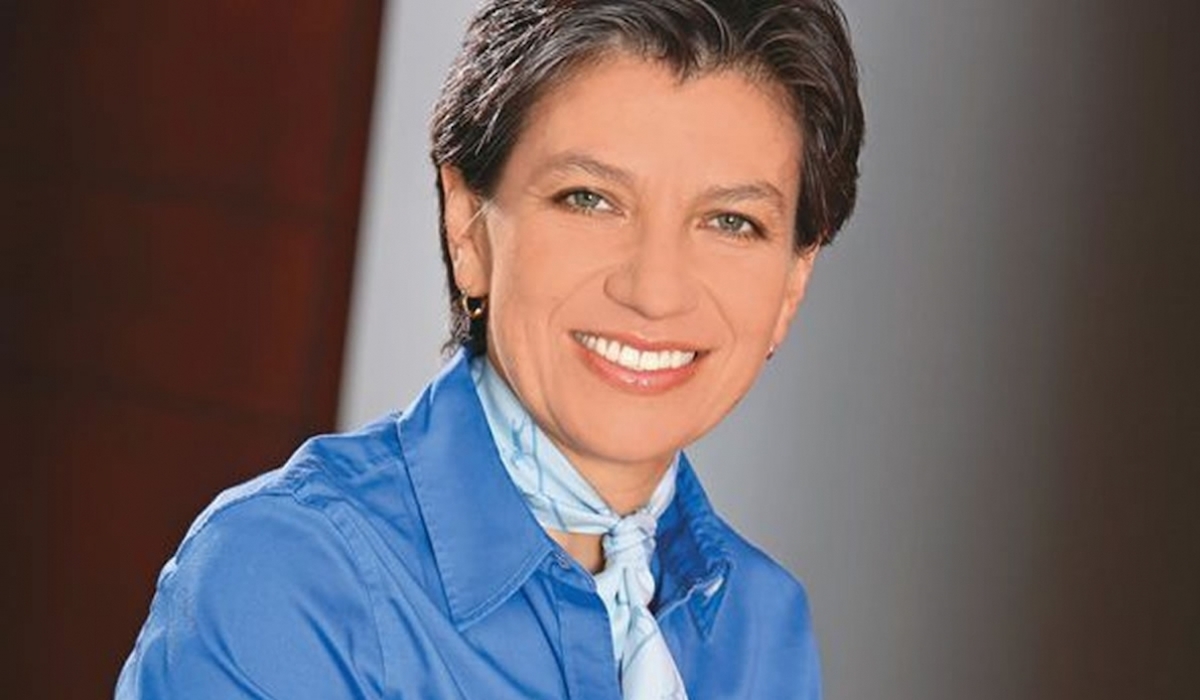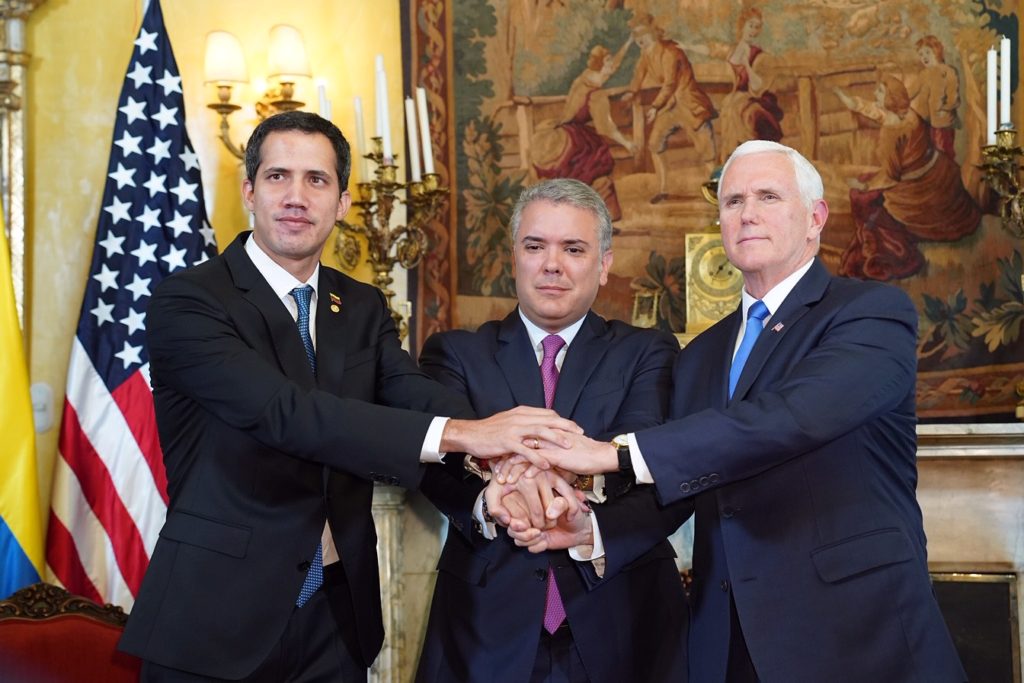This week, some of Colombia’s most powerful lawmakers, including prospective presidential candidates, gather in Cartagena to participate in the Stock Market Commission Agents Association (ASOBOLSA) conference. In an election year, the meeting serves as a forum for politicians to discuss their economic policies for the country.
Some of the topics that will be discussed include reducing the country’s spending, increasing efficiency, methods to spur innovation and entrepreneurship, investment in education, and diversification of the economy to reduce Colombia’s dependency on oil, which has fallen sharply in price over the past several years.
Presidential candidate and senator Claudia López used the conference as an opportunity to put forth her proposal to simplify Colombia’s tax code. She proposes that the country reduce the corporate tax rate to 33% in order to encourage more economic growth and encourage investment. She also questioned the distribution of tax incentives, putting forth a policy that provides a tax exemption for companies that go public on the Colombian stock exchange.
López believes that Colombia’s economic policy is dependent upon oil and other commodities, leaving the country vulnerable to rapid changes in the market. Her plan is diversification in the economy.
“We always wait for oil prices to increase to be able to spend. But the economy has never been sufficiently diversified”, she said. “I celebrate the FARC surrender of arms, as they held our political agenda hostage. Now we can think about how to solve the great social problems facing us, such as inequality, poverty, and corruption”.
Ms. López, who will run as a representative of the Green Alliance party in the forthcoming presidential elections, is a frontrunner in an election in which most Colombians crave an outsider who will change the political climate in Bogotá. In emphasizing both social issues on the left and business incentives on the right, she hopes to carry the banner for centrists in Colombia who loathe choosing a candidate from either Uribe’s center-right coalition or Gustavo Petro’s far left ideology.







